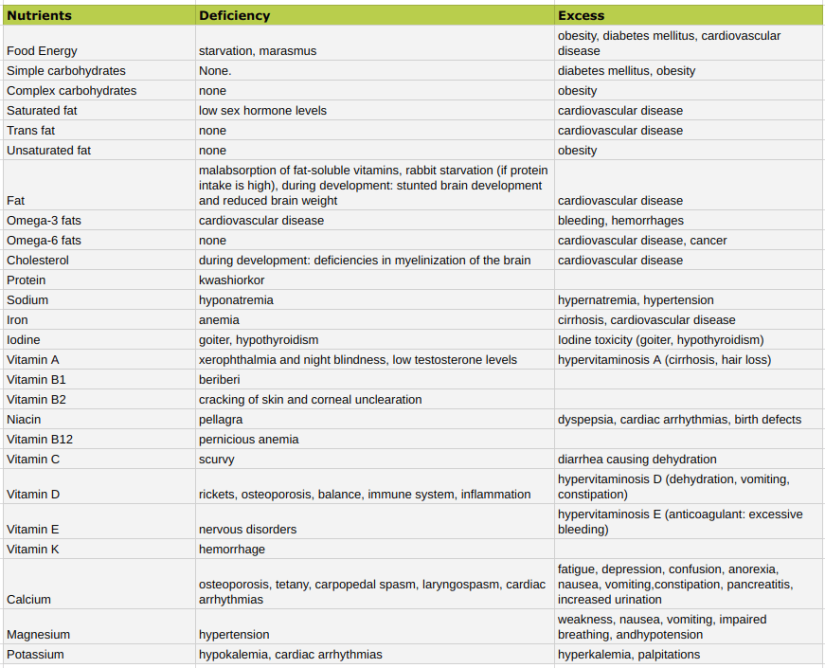Blogs
March 6, 2017 Kelley Reeser, R.D. L.D.N. C.D.E.
What Is Malnutrition? Two Essential Concepts to Understand

What is Malnutrition? To most people, malnutrition is simply not eating enough, but it’s much more complex than that. Nutrition means more than just getting any type of food to survive, and even people who eat regularly may suffer from malnourishment.
For many, malnutrition is a concept evoking images of starving children with distended bellies. Often, malnutrition gets thrown in with the same central idea as starvation, but these two concepts are quite different.
Let’s compare definitions:
Malnutrition: A condition that results from eating a diet in which nutrients are either not enough or too much, such that the diet causes health problems
Starvation: a severe deficiency in caloric energy intake need to maintain life
Starvation is merely a lacking, but if you read again, you’ll notice something interesting: malnutrition includes the other end of the spectrum. Malnutrition is not merely a lack of calories, but in fact, a lack of nutrients. An individual that eats every day can still suffer from malnutrition because, although they may be getting enough calories, they’re not getting enough nutrients for survival. Malnutrition can also be classified as a diet that includes an excessive amount of poor nutrients or an imbalance of necessary nutrients.
What nutrients does the human body need to survive?
If you read below, you’ll see a comprehensive table of what nutrients the body needs to survive. In many cases, the deficiency or excess of each category can cause debilitating illnesses.

What does this mean for my patients?
In many cases, patients may not realize they’re suffering from malnutrition. Western culture necessitates a separation of body and mind, but this separation isn’t as profound as many speculate and often times, what you put into your body is what you get out of it. Many modern studies continue to find links between diet and mental health as well, perhaps most prominently, between diabetes and depression.
Conclusion
It’s important to discuss your patient’s diet on a regular basis to insure that they understand these concepts and how diet relates to physical and mental well-being.
If you find your patient’s diet to be compromised, it helps to hire a dietitian. Registered Dietitians are a fantastic resource for patients with dietary issues and are typically covered by Medicare for certain complications, such as diabetes.